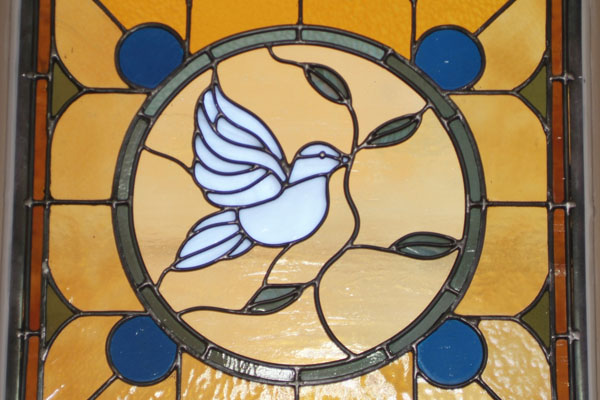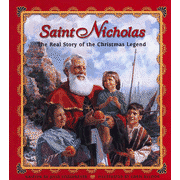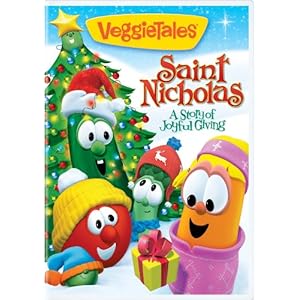With Christmas in our midst, I wanted to take a moment to reflect on the joy of the reason for this season of light and love: the birth of Jesus. In His miraculous birth, there are so many things to learn from, to take away. One of the things that has resonated within my heart this year is, quite simply, peace. In the gospel of the St. Luke it is written:
"And suddenly there was a multitude of the heavenly host with the angel praising God and saying: "Glory to God in the Highest, and on earth peace to those on whom his favor rests."
--Luke 2:11, 13-14
--Luke 2:11, 13-14
This is one of those passages that's so well known, it's almost easy to skip over, as we turn our thoughts to more prominent aspects of the birth story. Yet this single statement is so incredibly important; the Lord comes to Earth to bring peace. I realize I'm certainly not the first one to reflect on the importance of peace during the Christmas season. It's a key component to say the least, one that Christians and non-Christians alike can agree on and desire. Knowing this is one thing, but what can we do to help cultivate Christmas peace in our lives? And how might we hope to leave a lasting impact on the world in our own unique way? What exactly does this mean?
One of the resources I've been reading throughout Advent is Daily Reflections for Advent and Christmas. In this little book Morneau sheds some light quite beautifully on the subject of peace as he states:
Peace is not just the absence of strife but the presence of compassion and forgiveness. Peace is not fearful passivity but loving perseverance to reconcile and heal. Peace is not enforced by one's power but celebrated in mutual respect and generosity. Peace is not the province of the powerful but the responsibility of all "men and women of goodwill." Peace exalts humility, poverty, simplicity, service. The economy of peace is built on justice for all and the dignity of the most vulnerable.
I just loved the application of peace in this passage. In these few sentences we have a road map of things we can actually do as "men and women of goodwill." We can live out peace through acts of service. We can be peacemakers through our respect, our generosity, through simple and humble living. By living life with a spirit of forgiveness and compassion we are committing acts of peace.
Morneau also points out that peace is not passive, but rather quite proactive. Sometimes we might think of peace-makers as being somewhat...wimpy or soft. But embodying peace is not cowering in fear or bowing down. It requires inner strength and perseverance. To be an effective peace-maker we must endure as we strive for justice and raise up the vulnerable. Indeed, peace-making is not for the faint of heart. Morneau points out something else very important--being a peace-maker is not only reserved for people in positions of power, but is the responsibility of us all. Each and every one of us is called to strive for peace. It's what God requires of us as Christians. It's what we're called to do on earth.
So as we light our candles, sing songs of joy and partake in the festivities of this beautiful season, let's all do our part to be peacemakers. Live out generosity and kindness. Let your heart swell with forgiveness and gratitude. Serve others in need. Fight for justice. And pray to Jesus, The Prince of Peace, that He may ignite your heart and kindle a real and present desire for peace on Earth.
shared with:























